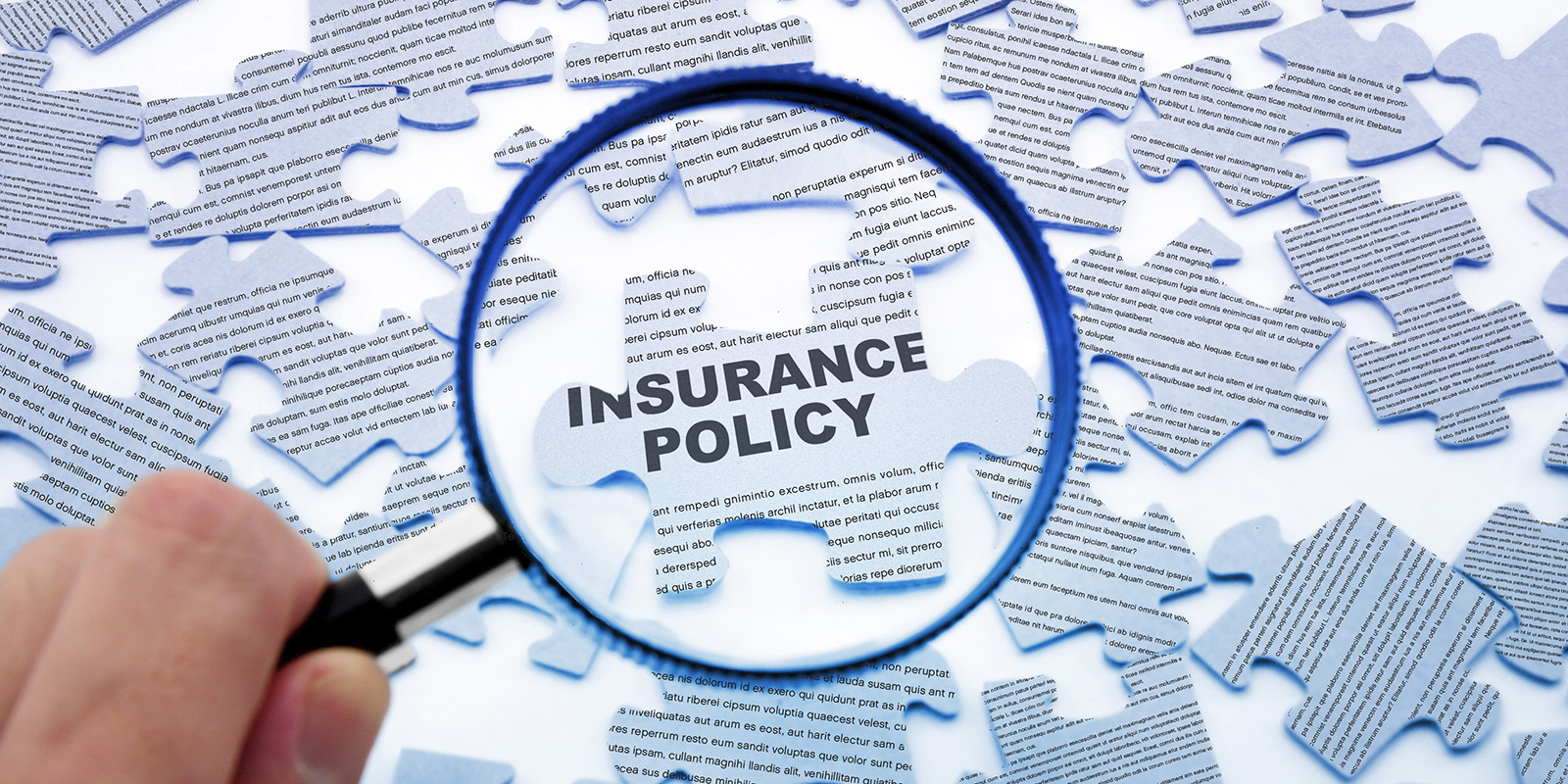
The Road to Autonomous Vehicles: A Look at Insurance Implications
In Short
The Situation: Product liability questions will accompany the approaching mass commercialization of autonomous vehicles. It is possible that the insurance market will experience a movement from operator responsibility toward increased manufacturer responsibility.
Looking Ahead: Autonomous vehicle industry participants have numerous considerations to address regarding their potential liability.
As autonomous vehicles move toward mass implementation, businesses in this industry segment are studying product liability questions that will arise, some of which are likely to be distinctly different in character from the norm. Naturally, insurers are studying these issues, too. This Commentary anticipates and highlights some of the insurance implications worth considering.
A Shift in Coverage?
Many believe that autonomous vehicles will lead to a shift away from operator responsibility toward increased manufacturer responsibility. In turn, the theory goes, manufacturers will create an upsurge in demand for product liability insurance. Irrespective of whether this happens, basic risk pooling principles suggest that insurers will separately treat product liability insurance for the autonomous vehicle industry segment. This will allow such risks to be rated and priced according to their distinct characteristics. It is natural, therefore, to expect specialized coverage tailored to the autonomous vehicle market. Standard coverage forms might also respond.
Implications and Choices
It is worthwhile for affected entities, such as manufacturers, parts suppliers, delivery services, fleet operators, etc., to consider how their current insurance might cover (or fail to address) loss scenarios that could result from their activities in the autonomous vehicle space. Entities will need to decide whether to accept (internalize) risks, or to mitigate them by way of insurance and other commercial arrangements.
Considerations
Some of the key insurance issues (drawn from existing product liability and recall insurance) include:
- What are your disclosure and notice rights and obligations, particularly as to pre-loss information?
- Can you "batch" or "integrate" multiple individual occurrences such that they are treated together as a single occurrence and, therefore, subject to a single self-insured retention?
- How does your insurance treat losses for products sold after a batch or integrated occurrence is notified, or losses that arise after a risk of loss is known?
- How does your insurance address the "sistership" situation, in which an alleged defect in one unit raises a concern with a family of units?
- How does your insurance define a "recall," and do you have recall coverage, and if so, for what territory?
- How will your insurance respond to a "primary" recall (i.e., one you initiate for your own product) vs. a "secondary" recall (i.e., one initiated by a third party, such as the seller of a product containing a component from your company)?
- How will your insurance react to a governmental order requiring a recall, and does your insurance provide a defense against allegedly unlawful or inappropriate recall orders?
- Do your supply agreements arrange rights, responsibilities, and indemnities to optimize the potential for coverage, such as by way of additional insured status or otherwise?
- Does your insurance cover consequential losses suffered by third parties and claimed against you, such as business interruption losses in addition to the cost of a recall?
- How does your insurance treat civil fines or penalties, and exemplary or punitive damages?
- How would your cyber insurance (if any) respond to a potential claim, and should you have such insurance?
Three Key Takeaways
- An increase in demand for liability coverage may result from a shift in responsibility toward manufacturers.
- Expect separate risk pools—and specialized coverage—for the autonomous vehicle segment.
- Myriad issues, including disclosure rights and obligations, recall notices, consequential losses suffered by third parties, and others should be addressed by affected entities.
Lawyer Contacts
For further information, please contact your principal Firm representative or one of the lawyers listed below. General email messages may be sent using our "Contact Us" form, which can be found at www.jonesday.com/contactus/.
John E. Iole
Pittsburgh
+1.412.394.7914
jeiole@jonesday.com
Jeffrey J. Jones
Detroit / Columbus
+1.313.230.7950 / +1.614.281.3950
jjjones@jonesday.com
Charles H. Moellenberg, Jr.
Pittsburgh
+1.412.394.7917
chmoellenberg@jonesday.com
Mauricio F. Paez
New York
+1.212.326.7889
mfpaez@jonesday.com
Jeff Rabkin
San Francisco
+1.415.875.5850
jrabkin@jonesday.com
Jones Day publications should not be construed as legal advice on any specific facts or circumstances. The contents are intended for general information purposes only and may not be quoted or referred to in any other publication or proceeding without the prior written consent of the Firm, to be given or withheld at our discretion. To request reprint permission for any of our publications, please use our "Contact Us" form, which can be found on our website at www.jonesday.com. The mailing of this publication is not intended to create, and receipt of it does not constitute, an attorney-client relationship. The views set forth herein are the personal views of the authors and do not necessarily reflect those of the Firm.

